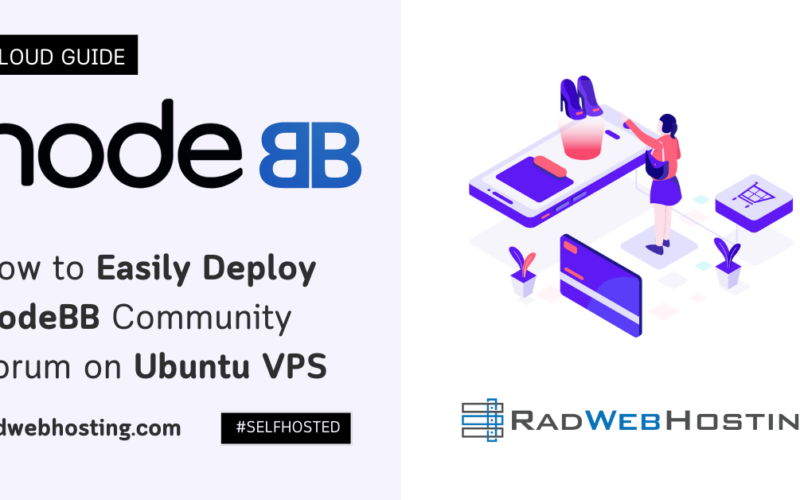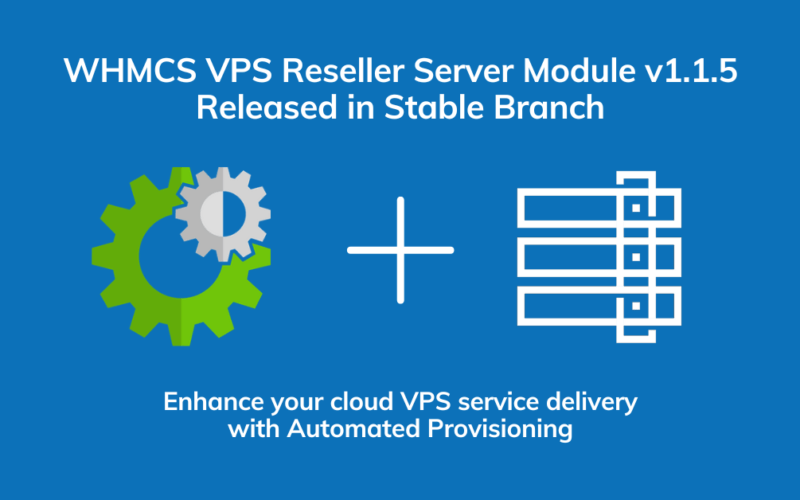This article provides a guide to OpenVZ vs. KVM VPS.
OpenVZ vs. KVM VPS
When selecting a virtual private server plan (VPS), it is important to consider OpenVZ vs. KVM VPS server virtualization. Many webmasters prioritize hardware resources and pricing before considering which virtualization technology will power their server.
Understanding the differences between KVM and OpenVZ will help in choosing the best option.
KVM provides full virtualization capability, meaning it can run any Linux kernel (with some restrictions). Furthermore, it enables kernel modifications and patches; plus support for rare features not found in OpenVZ.
OpenVZ vs. KVM VPS : Cost
Selecting an effective hosting option is key to the success of any website. Virtualization technologies help speed and improve productivity, saving both time and money for businesses. But virtualization also has its drawbacks; for example, some VPS hosting providers oversell resources which may cause performance delays on websites; also some don’t provide support when problems arise – to avoid these potential issues it is wise to choose a host that offers dedicated hardware with uptime guarantees as their solution.
OpenVZ is an operating system-level virtualization solution, allowing multiple Linux containers to coexist on one physical server with minimal running overhead and technical expertise. Each container acts and executes like its own standalone server – including root access, users, IP addresses, memory allocation, applications files and configuration. OpenVZ provides more affordable virtual private server options while remaining user friendly compared with KVM virtualization technologies.
OpenVZ differs from KVM in its kernel arrangement: KVM VPS requires each virtual machine (VM) to have its own kernel; OpenVZ uses one shared kernel instead, leading to faster CPU usage and increased memory utilization efficiency, plus it can handle more containers per host node than both KVM and Xen combined. Unfortunately, however, OpenVZ does not provide full virtualization emulation and cannot run multiple kernels on a host node simultaneously.
Rad Web Hosting VPSs offer powerful and scalable solutions to fit the needs of small businesses, webmasters, developers and other IT professionals. Our packages are tailored specifically for such professionals – as well as meeting those of webmasters, developers and other IT specialists – from entry-level plans up to those intended for high performance applications with more expensive plans available at varying price points.
OpenVZ vs. KVM VPS : Performance
Webmasters looking for a VPS typically focus on hardware resources and costs when selecting their VPS; however, they often neglect the virtualization type used. Different forms of virtualization provide different levels of performance. KVM and OpenVZ are two popular choices on the market and each provides different performance capabilities – but which option would best meet your needs?
KVM is a full virtualization solution that enables users to run almost any operating system they choose, thanks to using Linux kernel technology for easy software upgrades and hidden features unavailable with other virtualization solutions such as OpenVZ. Furthermore, its superior performance results in more seamless virtualization solutions like KVM.
OpenVZ differs from KVM in that it doesn’t rely on hypervisors, making it much cheaper and simpler to administer. Furthermore, OS-level virtualization helps limit how much unused resources can be shared across containers.
OpenVZ provides improved scalability and density because only one kernel is required to run its containers. Each container runs its own processes and user space, providing more isolation than with traditional hosting accounts. OpenVZ is also an ideal option for developers and webmasters who need to test new applications before rolling them out to production environments.
OpenVZ has a number of limitations, such as supporting only certain pre-configured Linux templates and only using a small portion of CPU and RAM on the physical host, leaving much of this resource available for other virtual systems on that host – potentially leading to poor performance if resource-heavy apps need running concurrently. Furthermore, custom kernels cannot be run with OpenVZ due to sharing between all Virtual Private Servers on one host.
OpenVZ may be less costly than KVM, but too many users using the same hardware can lead to serious performance issues. Overselling occurs frequently among hosting companies and can result in performance degradation and downtime for all customers; always do your research on them before signing a plan!
OpenVZ vs. KVM VPS : Security
As more companies adopt virtualized platforms, hackers have found it increasingly easy to break into multiple servers at once. Therefore, security must remain a top priority when setting up VPS servers; KVM offers advanced measures of defense that protect against potential attacks like firewalls, rootkit detection/protection features and DDOS attack prevention measures that can provide maximum protection.
KVM stands out as an advanced virtualization technology, boasting advanced security measures while also allowing sysadmins to customize individual virtual machines’ kernels – offering greater flexibility and potentially improving performance. Furthermore, its independence from host operating systems means changes can be implemented without impacting other VMs.
OpenVZ uses OS-level virtualization to partition a host operating system into containers, each one nestled inside another. This approach saves CPU and memory resources; however, when other VPSs need dedicated resources (known as “noisy neighbor syndrome”). When this occurs, processes from other containers may become temporarily disabled due to increased resource demand from one container overshadowing others; Rad Web Hosting has implemented several in-house solutions designed to address this problem so each VPS receives what it needs for optimal operation.
OpenVZ also suffers from its RAM sharing policy, which can result in slow performance or downtimes if too many users access a single virtual private server (VPS). Furthermore, if one VPS on a host machine exceeds its allocated RAM limit it could affect other users’ experience negatively.
KVM provides a more secure environment than OpenVZ and can accommodate more virtual machines at the same time. Furthermore, its real-time maintenance process makes it an excellent choice for resource-heavy applications and real-time maintenance processes are faster. Furthermore, KVM can support various kernel modifications and modules; however it should be noted that its hypervisor may interfere with some functionalities like SELinux.
READ ALSO: OpenVZ vs. KVM: Volume Management
OpenVZ vs. KVM VPS : Convenience
KVM is a hardware-level virtualization technology that offers extra isolation between physical hardware and the operating system, creating an emulation of an extra layer between them both, while using virtualization technologies like OpenVZ to create containers on OS level virtualization platforms, such as Linux kernel containers. However, both technologies may create shared memory spaces that have their own layer of virtualization on top to allow multiple VPS users to run without interference; however they could lead to performance issues in situations when other VPS users utilize many resources simultaneously.
Both technologies provide advantages to web hosting, but KVM stands out as being more stable and faster. Due to its hardware-based nature, it is better suited for businesses needing to run complex applications or services and has more CPU usage capacity – something other virtualization technologies often struggle with.
KVM stands out as being compatible with all operating systems, while OpenVZ only supports Linux – making it easier for you to find the ideal hosting provider for your requirements.
Both options provide security features to protect your website from hackers, as well as giving you the ability to install your own software and customize the server as necessary. When choosing hosting provider it is essential that reputable providers are chosen so as to maximize the experience for all involved.
Selecting an ideal VPS hosting solution can be challenging, but to start the process you should first measure your RAM and disk space requirements before considering customization needs and virtualization levels available from hosting providers. Selecting KVM can help scale your application with improved performance while improving reliability – however this option might not always be suitable for those just getting into virtualization technology.
Conclusion
Finding the appropriate VPS can be challenging, but we are here to make the process simpler. Our team of experts will take the time to fully comprehend your business requirements before suggesting the most suitable options. Contact us now to discover how VPS could take your business to new heights!










[…] software, such as OpenVZ or KVM, manages the allocation of resources to each virtual server and isolates them from each other to […]